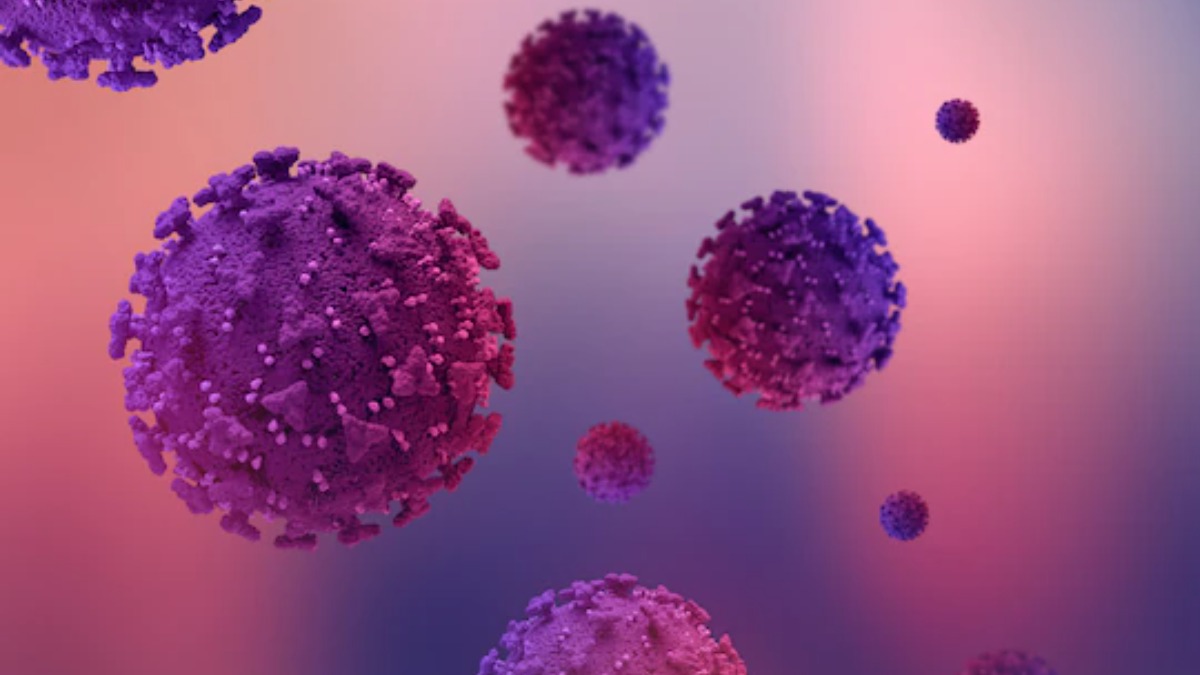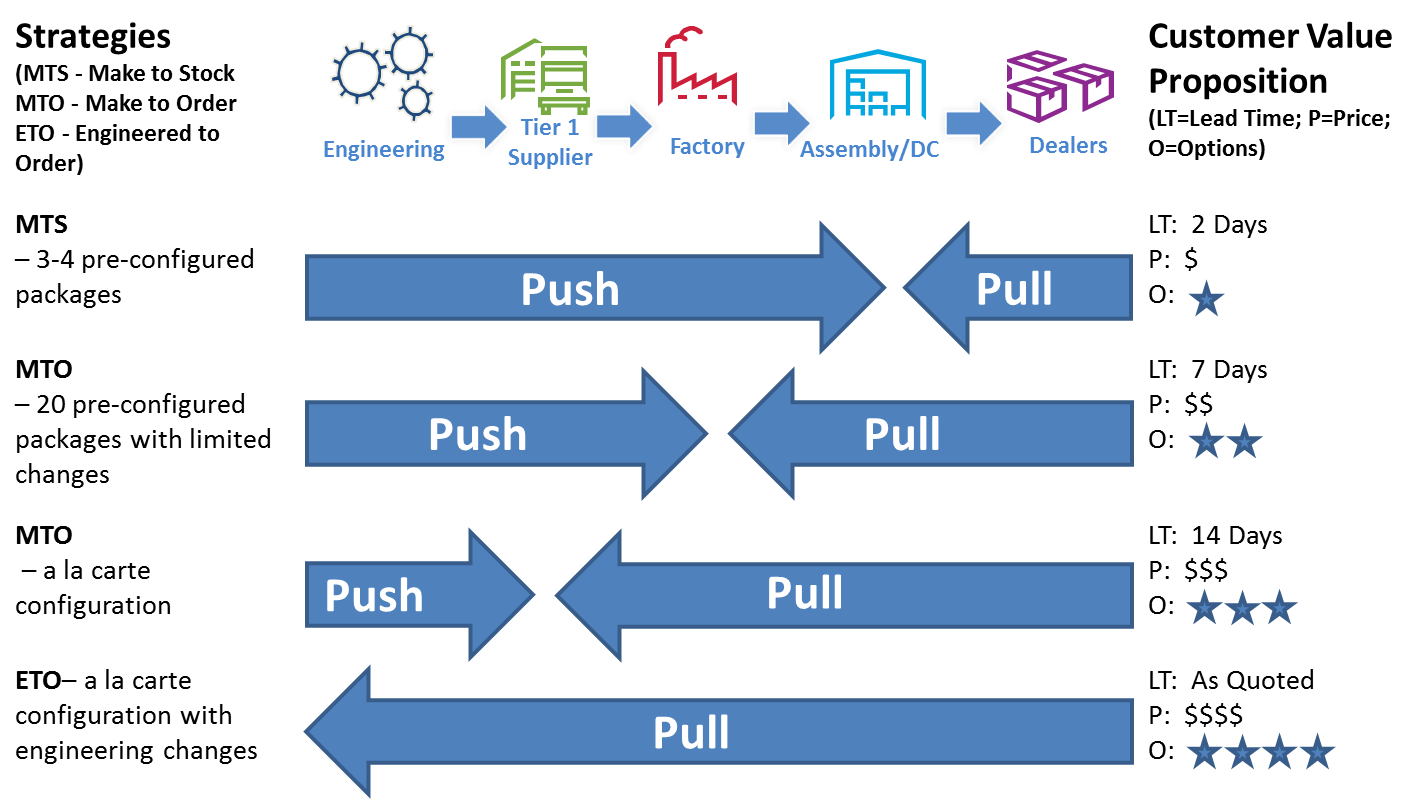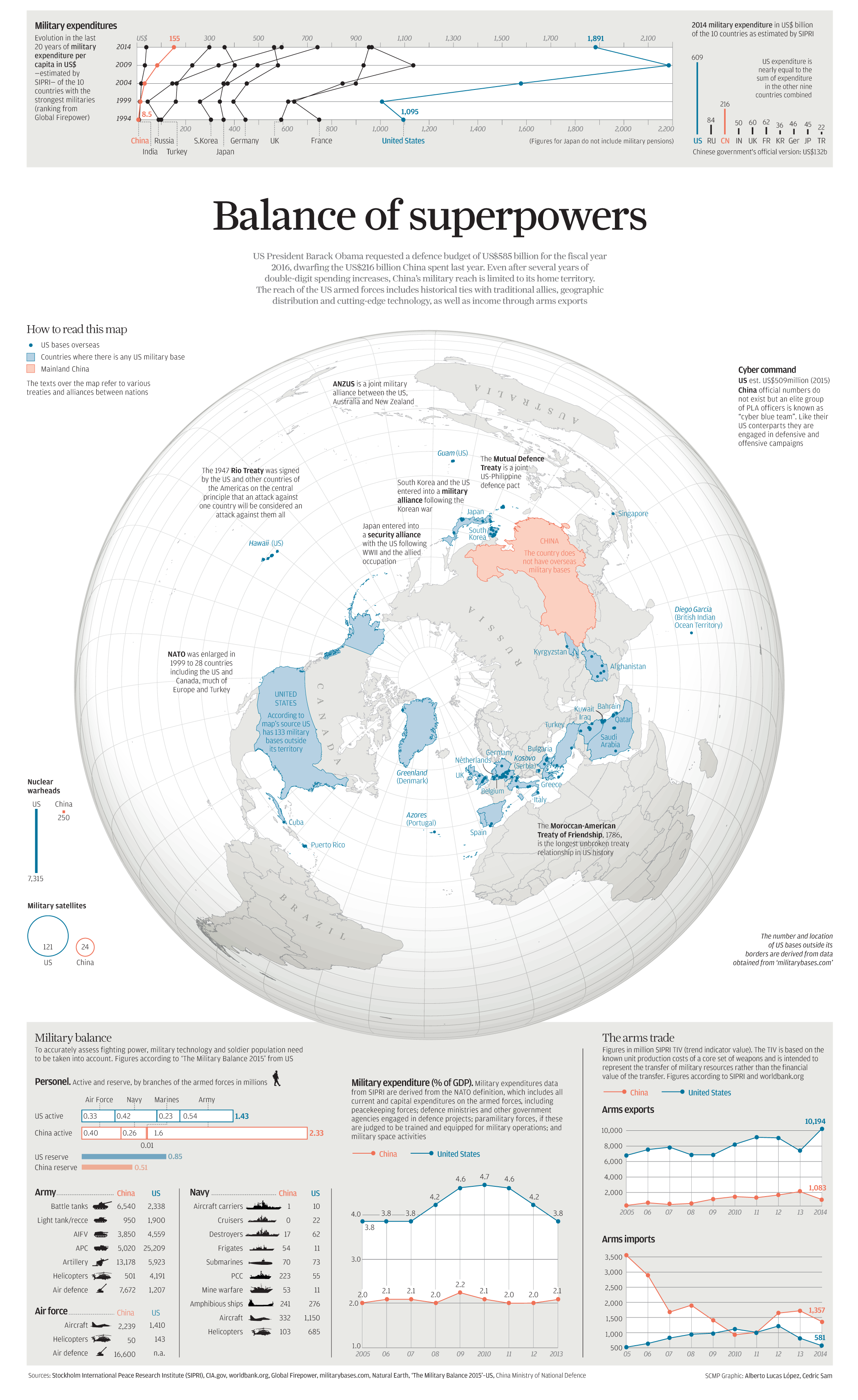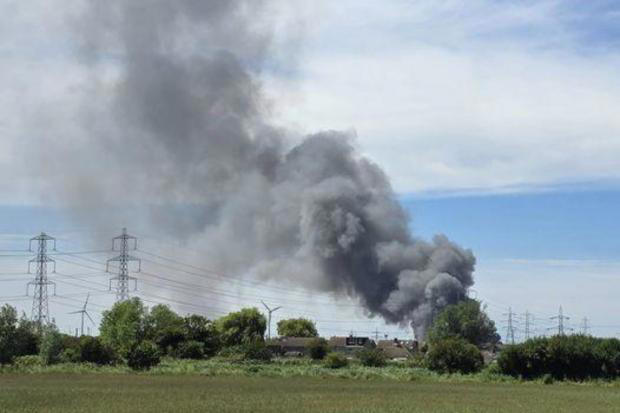WHO Warns: New COVID-19 Variant Fueling Case Increases Globally

Table of Contents
Characteristics of the New COVID-19 Variant
Understanding the properties of this new variant is critical to combating its spread.
Transmission Rate
Preliminary data suggests this new COVID-19 variant exhibits a higher transmission rate than previous variants. While precise R0 values (the basic reproduction number, indicating how many people one infected person will infect) are still being refined, early evidence points towards increased transmissibility.
- Higher transmission rate than previous variants: Studies indicate a significantly faster rate of spread compared to the Delta and Omicron variants.
- Evidence of community spread: The rapid escalation of cases suggests widespread community transmission in multiple regions.
- Increased infectivity in specific populations: While more research is needed, some preliminary data suggests potentially higher infectivity in certain age groups or those with specific health conditions.
Severity of Infection
Determining the severity of infection caused by this new variant is crucial. While early reports indicate a rise in cases, the proportional increase in hospitalizations and deaths remains under investigation.
- Higher hospitalization rates: Data from affected regions suggests a potential increase in hospitalization rates, although this may also reflect the sheer volume of infections.
- Increased mortality rate: The impact on mortality rates is still being assessed. Further research is needed to determine if this variant leads to a higher death rate compared to previous variants.
- Impact on vulnerable populations: The elderly and immunocompromised remain particularly vulnerable, necessitating focused protection measures for these groups.
Effectiveness of Existing Vaccines and Treatments
Assessing the efficacy of current vaccines and treatments against this new variant is paramount.
- Reduced vaccine effectiveness: Emerging evidence suggests a potential reduction in the effectiveness of existing vaccines against severe illness, although current vaccines continue to offer significant protection.
- Need for booster shots: Health authorities are strongly recommending booster shots to enhance immune response and protect against severe disease.
- Effectiveness of antiviral treatments: Studies are underway to determine the effectiveness of existing antiviral treatments against this new variant.
- Emerging research on new treatments: Research and development efforts are focused on developing new treatments specifically targeting this variant.
Global Impact of the New COVID-19 Variant
The new variant's impact extends beyond individual health, significantly affecting global health systems and economies.
Regional Variations in Case Increases
The variant's impact varies across different regions and countries.
- Countries with the highest case increases: Specific regions and countries are experiencing disproportionately higher case increases, straining healthcare resources.
- Healthcare system strain in affected areas: The surge in cases is placing immense pressure on healthcare systems in many regions, leading to shortages of beds, staff, and resources.
- Geographic distribution of the variant: Tracking the geographic distribution of the variant is crucial for implementing targeted prevention strategies.
Economic and Social Implications
The surge in cases has far-reaching economic and social consequences.
- Impact on businesses and the economy: The increase in infections leads to workforce disruptions, impacting productivity and economic growth.
- Disruptions to supply chains: Increased illness can further disrupt global supply chains, exacerbating existing challenges.
- Effects on education and social gatherings: The surge necessitates renewed restrictions on social gatherings and potentially school closures, impacting education and social wellbeing.
- Mental health implications: The ongoing pandemic and its associated restrictions contribute to widespread mental health challenges.
Recommendations and Prevention Strategies
Combating the spread of this new variant requires a multi-pronged approach involving public health measures, individual responsibility, and strong governmental action.
Public Health Measures
Effective public health measures are critical in slowing the virus's spread.
- Importance of vaccination and boosters: Vaccination and booster shots remain crucial in reducing severe illness, hospitalization, and death.
- Effectiveness of mask-wearing: Mask-wearing in public indoor settings, particularly in areas with high transmission, remains a highly effective preventive measure.
- Importance of hand hygiene: Regular hand washing with soap and water or using hand sanitizer significantly reduces the risk of infection.
- Social distancing guidelines: Maintaining physical distance from others, where possible, continues to be important.
- Testing and contact tracing strategies: Rapid testing and effective contact tracing remain essential tools in identifying and isolating infected individuals.
Individual Responsibility
Individual actions play a vital role in curbing the spread.
- Staying home when sick: Individuals should stay home when experiencing COVID-19 symptoms to prevent further transmission.
- Seeking medical attention when needed: Prompt medical attention is crucial for those who develop severe symptoms.
- Following public health guidelines: Adhering to public health guidelines, including vaccination, masking, and social distancing, is essential.
- Importance of responsible behavior: Responsible and informed decision-making is crucial in mitigating the spread and protecting oneself and others.
Governmental Response
Governments play a crucial role in mitigating the pandemic's impact.
- Investment in healthcare infrastructure: Investing in healthcare infrastructure, including hospital capacity and staffing, is essential.
- Public health campaigns: Effective public health campaigns are crucial in raising awareness and promoting preventative measures.
- International collaboration and data sharing: International collaboration and transparent data sharing are essential for effective global response.
- Resource allocation and support: Effective resource allocation and support for affected communities are critical.
Conclusion
The WHO's warning regarding the new COVID-19 variant highlights a significant and concerning development in the global pandemic. Its increased transmissibility, potential severity, and impact on already strained healthcare systems underscore the urgent need for continued vigilance. Vaccination, booster shots, and the continued implementation of public health measures remain crucial in mitigating the spread and protecting communities.
Call to Action: Stay informed about the evolving situation concerning this new COVID-19 variant and follow the guidelines provided by your local health authorities. Continue to practice good hygiene, get vaccinated and boosted against COVID-19, and seek updated information on effective prevention strategies. Understanding this new COVID-19 variant and its potential impact is critical for effective pandemic preparedness and protecting public health.

Featured Posts
-
 Building The Good Life Practical Steps For Fulfillment
May 31, 2025
Building The Good Life Practical Steps For Fulfillment
May 31, 2025 -
 Isabelle Autissier Un Appel A La Collaboration Pour La Protection De L Environnement
May 31, 2025
Isabelle Autissier Un Appel A La Collaboration Pour La Protection De L Environnement
May 31, 2025 -
 Military Modernization Comparing The Us And China
May 31, 2025
Military Modernization Comparing The Us And China
May 31, 2025 -
 East London Shop Fire 125 Firefighters At Peak Of Operation
May 31, 2025
East London Shop Fire 125 Firefighters At Peak Of Operation
May 31, 2025 -
 Blue Origin Cancels Rocket Launch Subsystem Issue Delays Mission
May 31, 2025
Blue Origin Cancels Rocket Launch Subsystem Issue Delays Mission
May 31, 2025
